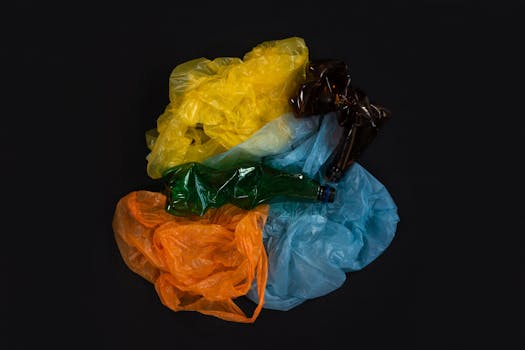
Eco-Friendly Fibers: How African Companies are Leading the Green Textile Movement
The textile industry is one of the most polluting industries in the world, with the production and distribution of clothing and other fabrics contributing to greenhouse gas emissions, water pollution, and waste management issues. However, in recent years, there has been a growing trend towards sustainability in the textile industry, with many companies turning to eco-friendly fibers and practices to reduce their environmental impact. African companies are at the forefront of this movement, with many leading the way in the production and use of sustainable fibers.
Introduction to Eco-Friendly Fibers
Eco-friendly fibers are made from natural or recycled materials that have a lower environmental impact than traditional fibers. These fibers include organic cotton, recycled polyester, and plant-based materials such as hemp and bamboo. African companies are using these fibers to create a range of products, from clothing and textiles to furniture and packaging materials.
One of the main benefits of eco-friendly fibers is that they reduce the amount of waste and pollution associated with traditional fiber production. For example, organic cotton is grown without the use of toxic pesticides or synthetic fertilizers, reducing the amount of harmful chemicals released into the environment. Recycled polyester, on the other hand, is made from recycled plastic bottles, reducing the amount of waste sent to landfills and conserving non-renewable resources.
African Companies Leading the Way
African companies are at the forefront of the green textile movement, with many leading the way in the production and use of sustainable fibers. For example, the South African company, Mr Price, has launched a range of eco-friendly clothing made from organic cotton and recycled polyester. The company has also implemented a number of sustainable practices, including the use of solar power and rainwater harvesting, to reduce its environmental impact.
Another company, Vlisco, a leading textile manufacturer in West Africa, has also made a commitment to sustainability. The company has launched a range of eco-friendly fabrics made from organic cotton and recycled materials, and has implemented a number of sustainable practices, including the use of biogas and energy-efficient equipment, to reduce its environmental impact.
In addition to these companies, there are many other African businesses that are making a positive impact on the environment through their use of eco-friendly fibers and sustainable practices. For example, the Kenyan company, Kenya Wildlife Service, has launched a range of eco-friendly clothing made from organic cotton and recycled materials, with a portion of the proceeds going towards conservation efforts.
Benefits of Eco-Friendly Fibers
The benefits of eco-friendly fibers are numerous, and include reducing the amount of waste and pollution associated with traditional fiber production, conserving non-renewable resources, and promoting sustainable agriculture. Eco-friendly fibers also have a number of benefits for consumers, including reducing the amount of toxic chemicals and pollutants that come into contact with the skin, and promoting sustainable fashion practices.
In addition to the environmental benefits, eco-friendly fibers also have a number of economic benefits. For example, the production of eco-friendly fibers can create jobs and stimulate local economies, particularly in rural areas where sustainable agriculture and textile production can provide a source of income for farmers and artisans.
African companies are also using eco-friendly fibers to promote sustainable fashion practices, such as slow fashion and circular fashion. Slow fashion encourages consumers to buy fewer, higher-quality garments that are made to last, rather than cheap, disposable clothing. Circular fashion, on the other hand, encourages the recycling and reuse of clothing and textiles, reducing the amount of waste sent to landfills and conserving non-renewable resources.
Conclusion
In conclusion, African companies are leading the way in the production and use of eco-friendly fibers, promoting sustainable practices and reducing the environmental impact of the textile industry. The benefits of eco-friendly fibers are numerous, and include reducing waste and pollution, conserving non-renewable resources, and promoting sustainable agriculture and fashion practices. As the demand for sustainable and eco-friendly products continues to grow, it is likely that we will see more African companies embracing eco-friendly fibers and sustainable practices, and leading the way in the green textile movement.




